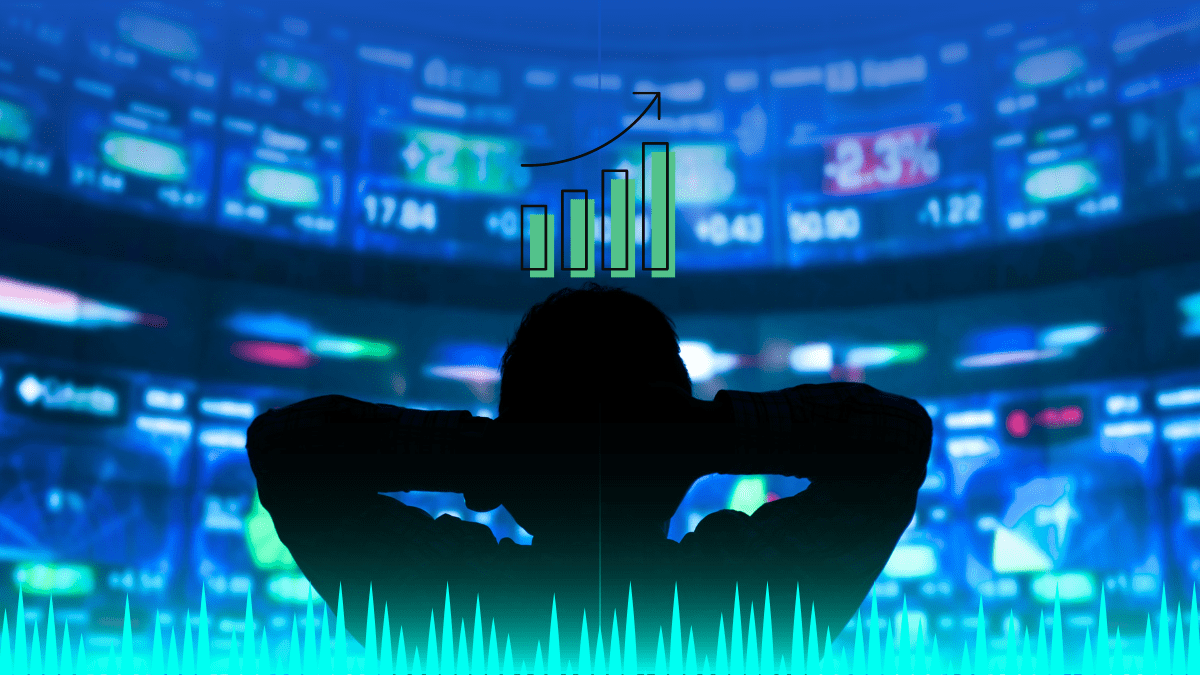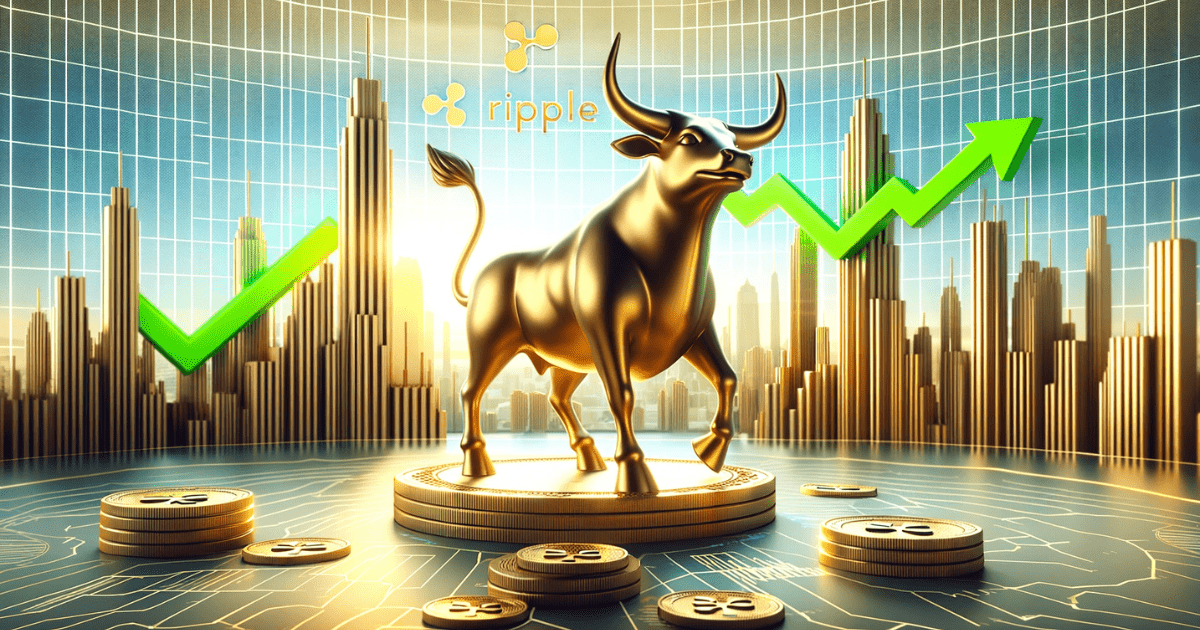Next Stock Market Crash Prediction: An In-Depth Analysis

The stock market has always been volatile and unpredictable, and the current state of the market has many investors wondering when the next stock market crash will occur. A stock market crash is defined as a sudden and substantial drop in stock prices, leading to widespread panic among investors.
With the current state of the economy and the recent events that have taken place, many experts are predicting that the next stock market crash is on the horizon.
In this article, we will explore the next stock market crash prediction, the factors that could trigger it, and the impact it could have on the economy.
Are we headed for another stock market crash?
2022 – Worst Year for the Stock market
2022 was one of the worst years for the stock market, as the S&P 500 index dropped by more than 20%. The crash was triggered by a number of factors, including rising interest rates, a slowdown in global economic growth, rising tensions between the US and China, and the Russia-Ukraine war.
The crash was a wake-up call for many investors, and it has raised concerns about the stability of the stock market and the health of the global economy.
This makes 2022 the worst year for the S&P since 2008 and the fourth-worst year since the index’s launch in 1957.
1/ Make the most of bad times
In the 2008 recession, Warren Buffett wrote:
“Bad news is an investor’s best friend. It lets you buy a slice of America’s future at a marked-down price”
2022 was one of the worst years in the stock market
Credit: @awealthofcs pic.twitter.com/PFpqXTYLcr
— Ali (@AliTheCFO) January 8, 2023
This downfall was not unexpected, as the stock market has had negative returns on multiple occasions throughout its history.
However, the drop in the market in 2022 was significant enough to rank it as one of the worst crashes in the market’s history. Understanding these factors can help us analyze the next stock market crash prediction.
The reasons for the market crash in 2022 were diverse and included both economic and political factors. Some of the reasons that caused the markets to crash in 2022 are:
Economic Uncertainty: The year 2022 was marked by economic uncertainty, as the global economy struggled to recover from the impact of the COVID-19 pandemic. This uncertainty led to a decrease in consumer confidence, causing a drop in consumer spending and investment.
Interest Rate Hikes: The Federal Reserve’s decision to raise interest rates in early 2022 further added to market instability, as investors became concerned about the possibility of a recession.
Inflation Fears: Inflation concerns also played a role in the market’s performance in 2022. As the economy began to recover, there were concerns about an increase in prices for goods and services, which led to a drop in investment.
Political Uncertainty: The 2022 mid-term elections in the US also added to market volatility, as investors became uncertain about the direction of government policies and their impact on the economy.
Geopolitical Tensions: Geopolitical tensions, including tensions between the US and China, also contributed to the market’s poor performance in 2022. These tensions caused uncertainty and fear among investors, leading to a decrease in investment and stock prices.
Corporate Earnings: In 2022, many companies saw a decrease in earnings due to the ongoing impact of the COVID-19 pandemic and other economic factors. This decrease in earnings caused a drop in stock prices and overall market performance.
Market Correction: 2022 was also characterized by a market correction, as investors realized that valuations for many stocks had become over-inflated. This correction caused a drop in stock prices and contributed to the overall poor performance of the market in 2022.
A few companies like Coinbase ($COIN) and Tesla ($TSLA) were significantly impacted. However, they have shown signs of strength in 2023, leading to bullish predictions for Tesla and Coinbase by 2025.
Russia – Ukraine War
Another important factor that caused the markets to drop in 2022 was the Russia-Ukraine war.
The Russian invasion of Ukraine in February 2022 caused a significant impact on the global stock market, leading to a crash.
The conflict triggered a series of actions by global powers, including sanctions and bans on imports of Russian oil, liquefied natural gas, and coal, as well as a ban on new investments in Russia’s energy sector.
The G7 also announced plans to revoke Russia’s most-favored-nation status, which was approved by the US House of Representatives in March.
The invasion also had a profound impact on the commodity markets, slowing global growth and driving up inflation.
The US stock market was affected by the Russia-Ukraine war through several channels. The increased oil prices and global uncertainty due to the conflict led to a decrease in investor confidence, causing the stock market to drop.
The fear of slowing global growth and rising inflation further added to the market’s decline. Nevertheless, the conflict had a significant impact on the US stock market in 2022. Geo-political factors like these affect the next stock market crash prediction.
The Stock Market Crash of 1969
In 1969, the stock market experienced a significant crash, with the S&P 500 seeing a total decline of 34%. The market rebounded slightly, but eventually entered a recession with a 20% drop from its peak.
This event serves as a reminder of the volatility of the stock market and the importance of having a long-term investment strategy in place.
Despite the initial rebound, the market was not immune to the economic downturn and further losses were incurred.
The market crash of 1969 serves as a cautionary tale for investors, reminding us of the importance of having a well-diversified portfolio and not becoming too heavily invested in any one particular sector or stock.
Despite the significant decline in the S&P 500, it did recover slightly before entering a recession. This pattern is not uncommon in stock market history, as declines and recoveries often occur in waves.
The market may experience a period of growth, followed by a sharp decline, and then a slow recovery before entering another period of growth.
This information can help us in the next stock market crash prediction.
What Does the U.S. Jobs Data Say?
The latest US jobs data from January 2023 has revealed impressive results with nonfarm payrolls increasing by 517,000, surpassing market estimates of 187,000.
The unemployment rate, which was predicted to be at 3.6%, has fallen to a low of 3.4%, marking the lowest jobless level in 53 years since May 1969.
The unemployment rate is now at its lowest level since 1969 pic.twitter.com/RhGGV8kz7w
— Ben Carlson (@awealthofcs) February 3, 2023
Sectors such as leisure and hospitality saw the largest job growth with an addition of 128,000 jobs. Other industries with significant job gains include professional and business services with 82,000, government with 74,000, and health care with 58,000.
The US jobs data for January 2023 has shown a significant increase in employment and a decrease in the unemployment rate.
This news is viewed as positive by many, as it demonstrates that the economy is continuing to recover from the impact of the COVID-19 pandemic.
The strong job growth and the low unemployment rate can have a positive effect on the stock market. A strong job market typically leads to increased consumer spending, which can drive the demand for goods and services, and in turn, boost company revenues and profits.
This can lead to increased investor confidence and higher stock prices, as investors anticipate continued economic growth.
However, it is also important to keep in mind that other factors, such as interest rates, inflation, and geopolitical events, can also impact the stock market.
The Federal Reserve has been cautious in its approach to interest rate hikes, as they look to balance the need to control inflation with the need to support economic growth. A sudden increase in interest rates can have a negative impact on the stock market, as it can increase borrowing costs and reduce consumer spending.
This data can help us analyze the next stock market crash prediction. We have also made a stock market outlook for 2023, showing relative signs of short-term strength.
How Do Interest Rates Affect the Stock Market

The Federal Reserve’s interest rate hikes can affect the stock market and have implications for investors. When the Fed raises interest rates, it can lead to an increase in the cost of borrowing for businesses and consumers.
This in turn can lead to a decrease in consumer spending and business investment, which can result in lower economic growth. As a result, higher interest rates can lead to a decrease in stock prices and a more cautious outlook among investors.
For investors, higher interest rates can mean that fixed-income investments such as bonds become more attractive compared to stocks.
This shift in investor preference can lead to a decrease in demand for stocks, causing stock prices to fall.
On the other hand, companies that are less sensitive to interest rate changes, such as utilities and consumer staples, may be less affected by rate hikes and may see a relative increase in demand.
It’s important to note that while interest rate hikes can have a short-term negative impact on the stock market, in the long term, they are often a sign of a strong and growing economy.
As such, investors who have a long-term outlook and a diversified portfolio may be less affected by short-term changes in the market. Interest rates have a major role in analyzing the next stock market crash prediction.
Market Overview: 2022

As seen in the daily timeframe chart for the S&P 500 above, the year 2022 proved to be a difficult one for the US stock markets, as the S&P 500 closed the year at 3,839.50, registering a 19.4% decline.
This marks the worst year for the S&P since 2008 and the fourth-worst since its launch in 1957.
The three major averages all ended the year in the red, putting an end to a three-year winning streak.
The Dow fell by 9% and the S&P 500 by 20% over the course of the year.
Meanwhile, the tech-heavy Nasdaq Composite Index suffered greatly, falling 33% and approaching its lowest level since July 2020.
Investors should carefully study the market’s past performance to analyze the next stock market crash prediction.
INTERESTING: Since 1948, there have only been 3 bear markets without a recession. And each time, the bull market began within 5 months of stocks hitting the low. pic.twitter.com/pGcvXkcZoF
— Barchart (@Barchart) February 8, 2023
Next Stock Market Crash Prediction
Despite the recent slowdown in the US economy, many experts are predicting that the next stock market crash will not occur in the near future.
However, there are a number of factors that could trigger a crash, including rising interest rates, a slowdown in global economic growth, and political instability.
The recent slowdown in the US economy and the Fed’s rate hikes have raised concerns about the stability of the stock market, and many experts are predicting that a crash could occur in the next few years.
Predicting a stock market crash is a difficult task as it is often triggered by a combination of unforeseen events, economic indicators, and market sentiment.
Some of the factors that can help in analyzing the next stock market crash prediction are: economic indicators, interest rates, political and geopolitical risks, valuation and overvaluation, and the overall market sentiment.
However, a stock market crash can occur at any time, and it is impossible to predict exactly when it will occur.
It does seem like bulls are now in the minority, compared to when they were riding all-time high’s in 2020 and 2021.
Conclusion
In conclusion, predicting a stock market crash is a complex task that involves analyzing various factors and indicators.
Economic indicators such as GDP growth, inflation, interest rates, and unemployment rate play a crucial role in determining the direction of the stock market. Political events, natural disasters, and geopolitical tensions can also trigger a market crash.
It is important for investors to keep an eye on these factors and monitor the market regularly to make informed investment decisions.
However, it is worth noting that no one can predict with certainty when a stock market crash will occur and the best approach is to have a well-diversified portfolio, maintain a long-term perspective, and not make impulsive decisions based on short-term market fluctuations.
While the stock market can be unpredictable, long-term investing has proven to be a successful strategy for many individuals. However, it is always advisable to be vigilant and to seek the advice of a financial advisor before making any investment decisions.






🐂 or 🧸
[…] The issue at hand is if meme stocks pose a danger to the stock market’s already fragile stability. […]